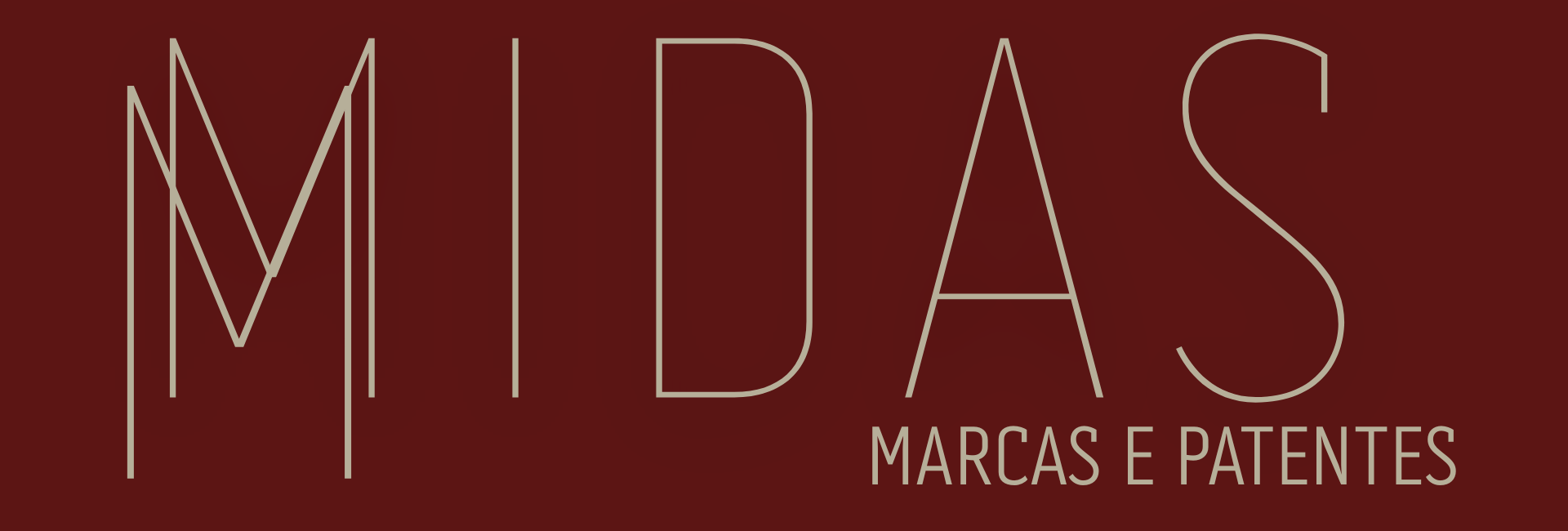Introduction
Trademark disputes are common worldwide, and Brazil has seen several high-profile cases where businesses fought over brand names, logos, and intellectual property rights. These disputes can result in legal battles, financial losses, and forced rebranding.
By analyzing famous trademark disputes in Brazil, businesses can learn valuable lessons about the importance of registering trademarks, monitoring competitors, and enforcing brand rights.
In this article, we will explore notable trademark conflicts in Brazil, their outcomes, and key takeaways for businesses.
1. The “iPhone” Dispute: Apple vs. Gradiente
The Conflict
- In 2000, Gradiente, a Brazilian electronics company, applied for the iPhone trademark in Brazil.
- In 2008, Apple launched the iPhone globally, but Gradiente’s trademark was officially granted in 2012.
- Gradiente later released the “Gradiente iPhone”, leading to a legal battle with Apple.
Legal Outcome
- In 2018, Brazil’s Supreme Court ruled that Gradiente had the rights to the iPhone trademark.
- However, both companies were allowed to use the name, as they operated in different market segments (Apple: smartphones, Gradiente: basic mobile devices).
Lessons Learned
✅ Register Trademarks Early – Apple’s delay in securing the trademark in Brazil allowed Gradiente to claim exclusive rights first.
✅ Trademark Rights Are Country-Specific – Owning a trademark in one country does not guarantee rights in another.
✅ Legal Battles Can Take Years – The dispute lasted over a decade, showing the importance of early trademark registration.
2. Red Bull vs. Red Dog: Energy Drink Battle
The Conflict
- Red Bull, the global energy drink giant, sued Red Dog, a Brazilian energy drink brand, for using a similar name and branding.
- Red Bull argued that Red Dog could confuse consumers and benefit unfairly from Red Bull’s reputation.
Legal Outcome
- The court ruled in favor of Red Bull, ordering Red Dog to stop using the brand name and rebrand.
- Red Dog was found to have intentionally chosen a similar name to create market confusion.
Lessons Learned
✅ Avoid Similar Brand Names – Using a name too close to a well-known brand can lead to legal trouble.
✅ Courts Favor Established Brands – If a business copies or imitates a famous brand, the original owner usually wins in court.
✅ Forced Rebranding Is Costly – Red Dog had to change its branding, packaging, and marketing materials, leading to financial losses.
3. McDonald’s vs. Big Mac Registration in Brazil
The Conflict
- McDonald’s lost the exclusive rights to the Big Mac trademark in the European Union in 2019 due to a dispute with the Irish fast-food chain Supermac’s.
- Following this case, a Brazilian competitor, Bobs, temporarily renamed its burger “Big Bob” as a marketing stunt.
- This sparked public debates over whether McDonald’s would face similar challenges in Brazil.
Legal Outcome
- McDonald’s still holds trademark rights to Big Mac in Brazil, but the case highlighted the importance of continuously proving brand usage.
Lessons Learned
✅ Trademarks Must Be Actively Used – In some cases, businesses lose their trademark rights if they fail to use them consistently.
✅ Trademark Disputes Can Create Marketing Opportunities – Bobs’ marketing campaign showed how brands can capitalize on trademark disputes for publicity.
4. Globo vs. Google: The “G1” Battle
The Conflict
- Rede Globo, Brazil’s largest media company, operates a news website called “G1”.
- Google launched “Google One (G1)”, a cloud storage service, leading to concerns over trademark infringement.
Legal Outcome
- The case is ongoing, but Globo argues that Google’s branding creates confusion among Brazilian consumers.
Lessons Learned
✅ Trademarks Apply to Different Industries – Even big companies like Google can face challenges when entering new markets.
✅ Brand Confusion Is a Key Factor in Lawsuits – Courts examine whether consumers could mistakenly associate two brands.
5. Havaianas vs. Dupé: The Flip-Flop War
The Conflict
- Havaianas, the iconic Brazilian flip-flop brand, sued Dupé, a competitor, for using similar sandal designs and patterns.
- Havaianas argued that Dupé was copying its signature style, misleading consumers.
Legal Outcome
- The court ruled in favor of Havaianas, forcing Dupé to change its product design.
Lessons Learned
✅ Product Design Can Be Trademarked – Businesses should protect unique product designs, not just logos and brand names.
✅ Imitating a Popular Brand Is Risky – Competitors who try to replicate a successful brand often face legal consequences.
6. Apple vs. Samsung: The Brazilian Patent War
The Conflict
- Apple sued Samsung for allegedly copying elements of the iPhone’s design and user interface.
- Samsung countered, claiming that Apple violated its patents in Brazil.
Legal Outcome
- Courts ruled in favor of Apple in some cases, but Samsung also won key battles, allowing both companies to continue selling their products in Brazil.
Lessons Learned
✅ Patent and Trademark Conflicts Are Common in Tech – Tech companies should patent and trademark their innovations early.
✅ Lawsuits Don’t Always Result in a Clear Winner – Many disputes end in settlements or shared market coexistence.
Key Takeaways from These Cases
📌 What Businesses Can Learn from Trademark Disputes in Brazil:
🔹 Register Your Trademark Early – Waiting too long can lead to legal conflicts.
🔹 Check for Similar Trademarks Before Launching a Brand – Conducting a trademark search prevents infringement issues.
🔹 Trademarks Are Industry-Specific – Even if a name is taken in one industry, it might still be available in another.
🔹 Monitor Your Brand Constantly – Watch for unauthorized use of your brand name or logo.
🔹 Enforce Your Rights When Necessary – If another company copies your brand, act quickly to protect your trademark.
🔹 Consider International Protection – If expanding abroad, register your trademark in multiple countries to prevent conflicts.
Conclusion
Trademark disputes in Brazil show how important it is for businesses to legally protect their brand names, logos, and products. From Apple’s battle over the iPhone name to Red Bull’s case against Red Dog, these conflicts highlight the risks of failing to secure trademark rights.
✅ Businesses should register their trademarks early, monitor competitors, and enforce their legal rights to avoid costly legal disputes.
By learning from these famous cases, companies can protect their brands, avoid legal battles, and ensure long-term market success.

